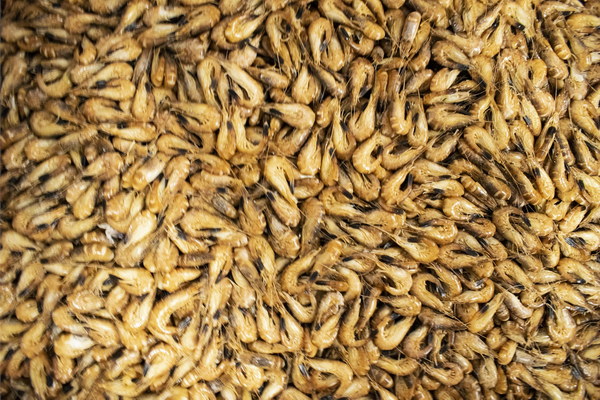Effective Body Regulation for those with Excessive Menstrual Bleeding A Comprehensive Guide
Introduction:
Experiencing heavy menstrual bleeding, also known as menorrhagia, can be a challenging and distressing experience for many women. It is characterized by abnormally heavy periods, leading to anemia, fatigue, and other health issues. This article provides a comprehensive guide on how to regulate your body for those with excessive menstrual bleeding, offering practical tips and strategies to improve overall well-being.
1. Understanding the causes of heavy menstrual bleeding:

It is essential to first understand the underlying causes of excessive menstrual bleeding. Common factors include hormonal imbalances, uterine fibroids, polyps, endometriosis, and thyroid disorders. Consulting with a healthcare professional can help determine the root cause and guide the appropriate treatment.
2. Dietary adjustments:
A balanced diet can significantly impact your menstrual health. Consider the following dietary adjustments:
a. Increase iron intake: Iron deficiency is a common cause of anemia in women with heavy menstrual bleeding. Incorporate iron-rich foods such as lean red meat, poultry, fish, beans, lentils, and fortified cereals into your diet.
b. Consume vitamin C-rich foods: Vitamin C enhances iron absorption. Include fruits like oranges, strawberries, and kiwis, as well as vegetables like bell peppers and broccoli in your meals.
c. Avoid caffeine and alcohol: These substances can exacerbate menstrual symptoms and disrupt hormonal balance.
3. Regular exercise:
Regular physical activity can help regulate your menstrual cycle and improve overall health. Aim for at least 150 minutes of moderate-intensity exercise, such as brisk walking, swimming, or cycling, per week.
4. Stress management:
Stress can affect your menstrual cycle and contribute to heavy bleeding. Practice stress-reduction techniques, such as meditation, deep breathing exercises, yoga, or engaging in hobbies that bring you joy.
5. Hormonal therapy:
In some cases, hormonal therapy may be necessary to regulate menstrual bleeding. This can include oral contraceptives, intrauterine devices (IUDs), or hormonal injections. Consult with a healthcare professional to determine the best option for you.
6. Alternative treatments:
Alternative treatments, such as herbal remedies and acupuncture, may provide relief for some women with heavy menstrual bleeding. However, it is crucial to consult with a healthcare professional before trying any alternative treatments to ensure they are safe and appropriate for your condition.
7. Regular monitoring:
Keep track of your menstrual cycle, including the duration and amount of bleeding. This information can help you and your healthcare professional identify potential issues and adjust your treatment plan accordingly.
8. Seek medical advice:
If you experience heavy menstrual bleeding, it is essential to consult with a healthcare professional. They can provide a proper diagnosis, treatment, and guidance to improve your overall well-being.
Conclusion:
Experiencing excessive menstrual bleeding can be a challenging and overwhelming experience. However, by understanding the causes, making dietary and lifestyle adjustments, and seeking appropriate medical care, women with heavy menstrual bleeding can regulate their bodies and improve their overall health. Remember to consult with a healthcare professional for personalized advice and treatment options tailored to your specific needs.









